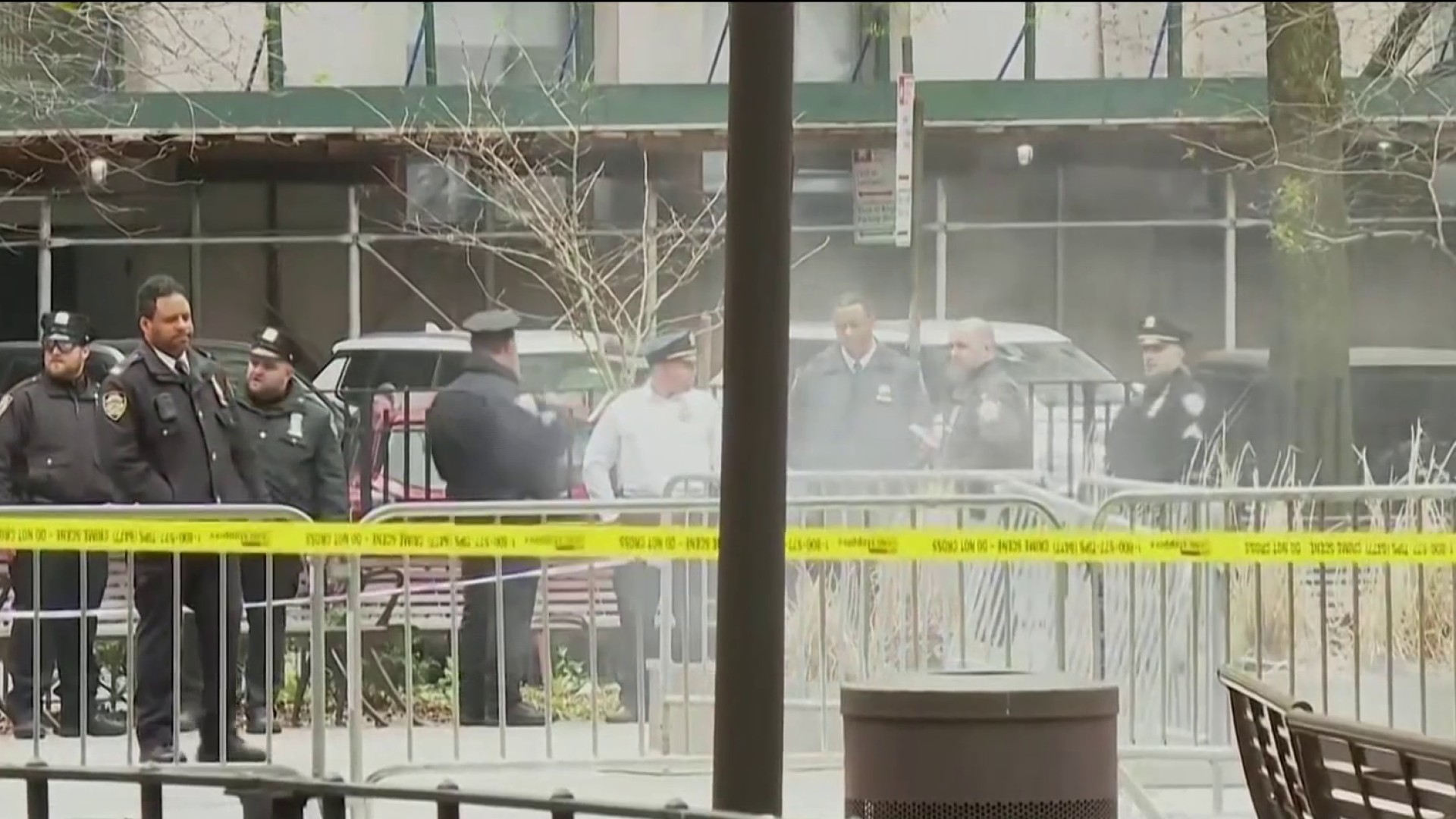Schaumburg resident Bonnie Liltz, who killed her severely disabled daughter in a botched murder-suicide last year, was sentenced to prison in an Illinois court Wednesday.
A judge sentenced Liltz to four years in prison and two years' probation, exceeding prosecutors' recommendation.
Judge Joel Greenblatt said "life is precious — even a life that is profoundly disabled," and told Liltz taking her daughter's life was "not an act of love, it was a crime."
Liltz, 56, pleaded guilty to involuntary manslaughter after she gave her 28-year-old daughter, who suffered from cerebral palsy, a number of medications before taking several herself in hopes that they would both overdose. Liltz, a two-time cancer survivor with ongoing major medical issues, recovered, but Courtney died June 5.
In a suicide note, Liltz wrote, "I am having difficulty breathing now. If I go first, what will happen to her? I don't want her to live in an institution the rest of her life. She is my life."
In court last week, Liltz took the stand to defend her actions.
"I thought my intestines were failing and that I was going to die," she said. "The thought of her having to live in an institution was more than I could bear. The only place I thought you would be safe and happy was in heaven with me."
Liltz had previously pleaded not guilty in the case, but changed her plea after prosecutors agreed to reduce the charge from first-degree murder to involuntary manslaughter. She faced up to 14 years in prison.
"I cared for her, I washed her, I fed her and I loved her," Liltz said as she prepared to learn her fate. "I loved her like no one in this room can understand."
Friends and family have said Liltz, who has chronic, profound bowel issues as a result of ovarian cancer from when she was 19, could not survive in prison.
"Bonnie panicked and thought she was dying," her sister Sue Liltz testified, saying she did not take Courtney's life "out of malice or premeditation."
Nine witnesses testified that Liltz was a loving, caring mother to a disabled child who had been given up by her birth mother as well as her first adoptive parents.
Liltz's attorney, Thomas Glasgow, said Liltz has received an outpouring of sympathy since her case first began last year. He says it highlights the dwindling funding to help families caring for disabled children.
U.S. & World
"This is someone who ended up taking care of a child who was cast off twice before by society and took her in,” he said. “There was no one else in the world that would have cared for Courtney the way that Bonnie did."



